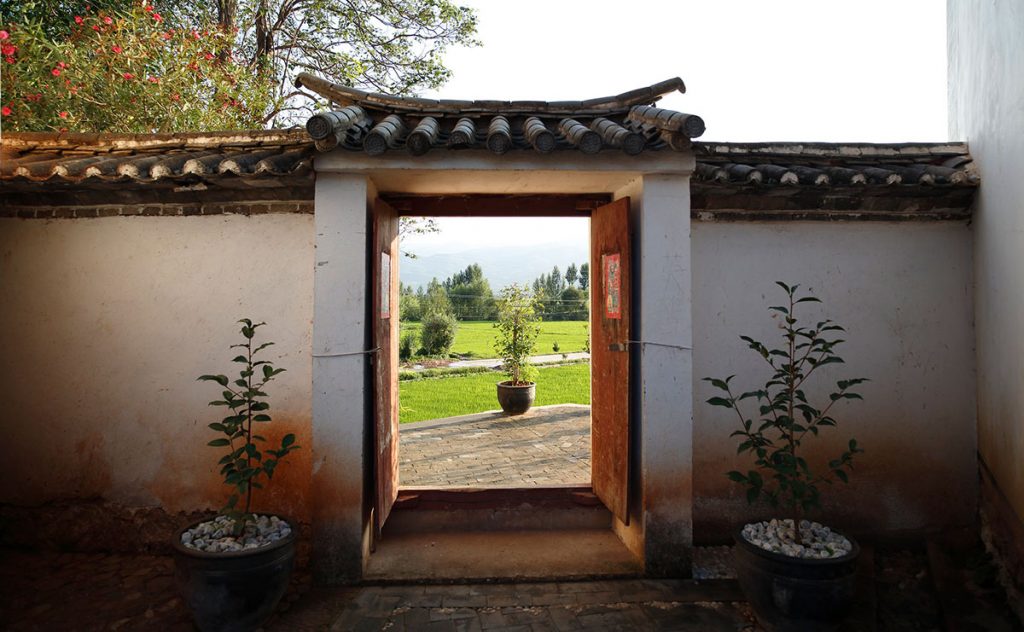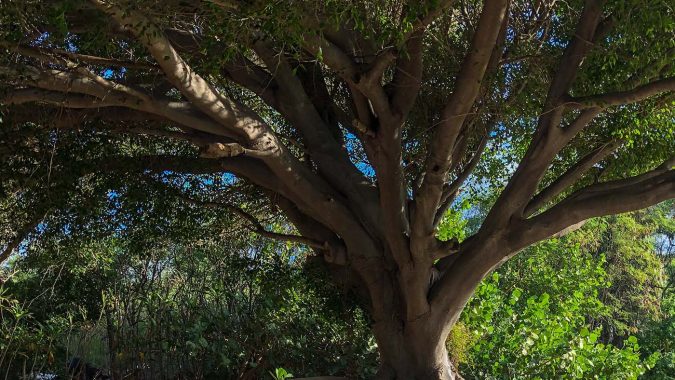
In Buddhism, we say that the essence of the Buddha, living beings, and true mind are in fact of the same substance. We have the same capacity for enlightened understanding and insight as the Buddha; but with the arising of an unwholesome thought, we have tainted our mind. Our work now is to return to this pure, untainted true mind of enlightened wisdom.
Dharma Master Cheng Yen
The “untainted true mind of enlightened wisdom” is referred to as our innate Buddha Nature, and Dharma Master Cheng Yen emphasizes the practice of repentance as a means to return to it. Yet what is it that we should repent for? Certainly, repentance for having broken the Buddhist precepts for ethical conduct is a start. However, Master Cheng Yen asks us to be even more vigilant, and to repent for unwholesome thoughts and emotions as well, not just actions. And, while dealing with people and matters in our daily life, we have many opportunities to practice.
For example, an unwholesome thought may have entered our mind the moment we saw someone. Their actions may have caused anger to rise up in our hearts even though outwardly no one could tell we were angry. Yet, because an angry thought arose, we must quickly catch ourselves and repent. We shouldn’t think that it doesn’t matter because we didn’t act on it. We still need to have feelings of repentance.
We need to be very mindful in learning to repent for our unwholesome thoughts. To repent is to cleanse our heart, to clean away the impurities and leave only the essence behind. It’s like extracting a diamond from diamond ore; we have to wash away the mud and other materials in the ore so that we can obtain the valuable diamond inside. Our Buddha nature is like the diamond in the rock. When we clean away our ignorance, the shiny, crystal clear Buddha nature will appear.
As we strive to “clean away our ignorance,” there are many obstructive afflictions that we can repent for in fact, and Master Cheng Yen gives us several examples, beginning with attachment and craving – the latter being a foremost cause of suffering.
We need to repent for our attachments. Our love of something creates attachment, so that we desire and crave it. Without it, we feel very unhappy. We can’t let go and are compelled to seek it. Over time, this becomes a habit. What we desire could be fame, profit, or power. Looking about our world, we can see that so many problems and man-made calamities originate from greed. People fight for power, profit, and fame. This is why society is full of turmoil and without peace. In truth, when we’re fighting for personal gains, we’re not happy. We also don’t realize that the best kind of life is one in a peaceful and stable society, which is only possible if we work for the common good instead of our own self-interest. So, we confuse what creates a good life. We need to repent for such ignorance so that we don’t continue in delusion.
We can also repent for stinginess, especially since giving and generosity are among the virtues, or perfections we’re aiming to cultivate on the spiritual path.
Sometimes in society we see people who are reluctant to donate to charity. They have the means to help others, but they don’t do so. They have the capacity to do good, but instead of creating positive karma, they create negative karma in their pursuit of self-interest. What a pity this is. Such people will bring this negative karma into their future life and have to face its retribution.
Indulgence in sensory pleasures is also something we need to develop remorse for, taking into account the truth of impermanence and how such pursuits don’t lead to true or lasting happiness.
All around us, we see people pursuing and relishing pleasure and comfort. When we see this, we need to reflect on ourselves. Are we doing the same? If yes, we’re wasting away our precious life as we indulge in pleasure.
The inability to tolerate humiliation or defamation is another trait we should repent for and transform as we develop wisdom.
In life, we may have unpleasant encounters where people defame or humiliate us. When this happens, we need to look at it from the perspective of karma and realize that such negative circumstances are the result of our past negative karma. In such cases, we need to practice forbearance. If we can realize how karma works and learn to look at situations with such an understanding, we can develop the ability to tolerate humiliation and defamation.
Actually, karmic forces cut deeply through the fabric of our life stories, and our repentance for negative reactions to how we’re treated can set us on a better course.
Usually, when we encounter negative circumstances or have run-ins with people, we react by blaming others or feeling a lot of anger and resentment. Little do we realize that our current experiences come about as a result of our karmic affinities. In the past, due to various aspects of our personality, we’ve offended or hurt others, thus forming negative karmic affinities with them. Since we were the ones that formed the negative karmic affinities in the first place, what we really need to do is reflect on ourselves and repent. Instead of blaming others for our bad experiences or troubles, we should look inward and strive to change ourselves. With this understanding, we can work on the parts of our personality that offend or hurt others, and by doing so, we can begin to heal relations with others and create better ones. It is when we self-reflect, feel remorse, and sincerely repent that we become motivated to change.
With a willingness to change, we can discover great and possibility unexpected happiness in our lives – even through a transformation of our attitude to work.
In today’s society, most people have come to equate “the good life” with leisure, comfort, enjoying oneself and not having to work too hard. When I see this, it saddens me that people have lost touch with the true value of life. What gives our life meaning and value is being of service and making a positive contribution to our society. When people work only because they must to support their livelihood, they find work very tiring. But for those who work in the spirit of contributing something good for others, working is a very happy thing. Work is really about doing something constructive with our lives. We should really reflect and see whether our mindset is one of “working to live” or “living to work”. With just a change in our attitude toward work, we can discover great happiness.
Overall, we have much to reflect upon, and possibly repent, and Master Cheng Yen urges us to do so.
In the course of our day to day life, we in fact do many wrong things, but if we can become aware of these and repent, there is great hope for us. We can start afresh and, in doing so, we create a better life for ourselves.
The sections in italics are excerpts of material compiled into English by the Jing Si Abode English Editorial Team, based on Dharma Master Cheng Yen’s talks.
































